On Intermission
A photo gallery extension of “The Show Must Go On,” featuring a closer look at five Bellingham arts/music industry workers and their organizations affected by COVID-19.
Photo Essay by Christa Yaranon
John Purdie, Executive Director of the Mount Baker Theatre
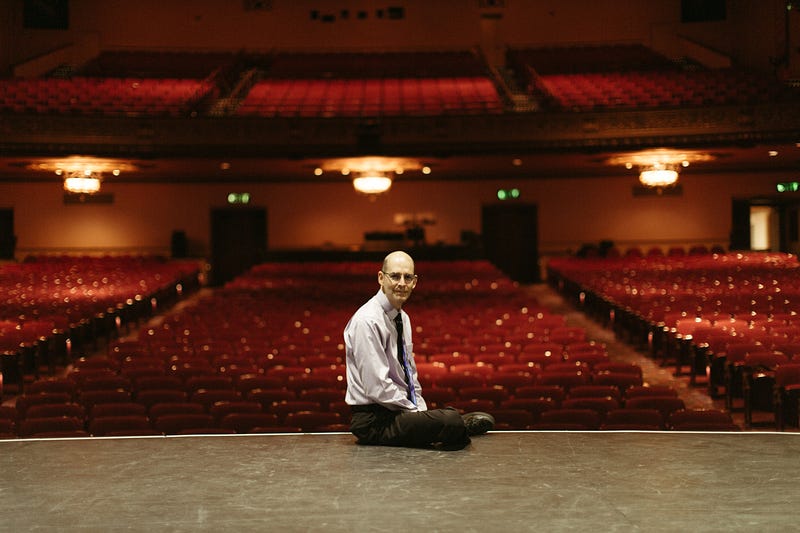
“I love to pull people together, and this building is built to pull people together — which is what we can’t do right now. It’s been really challenging for me personally to lead this organization. It’s been challenging because my natural proclivity is to say, ‘Let’s just pull some people together in a room and we’ll hash this out and figure it out.’ I mean, we will make it through. But it won’t be easy.”
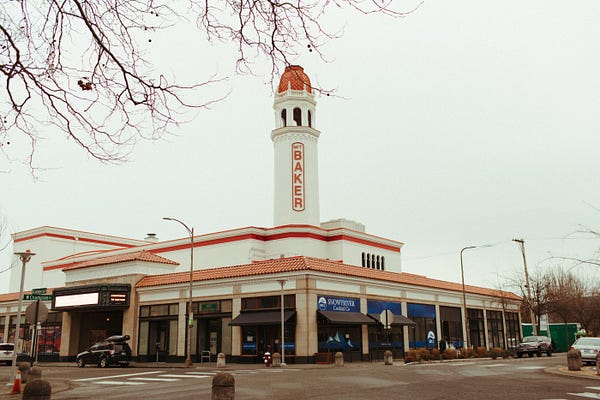
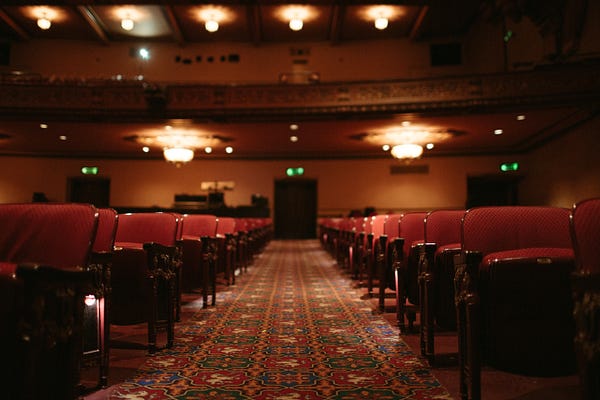
“You don’t know what you’ve got until it’s gone, and I think people are experiencing now what happens when you don’t have that. The arts lifts us beyond our everyday lives, it fosters empathy, it fosters cross cultural understanding — the arts provide escape.”
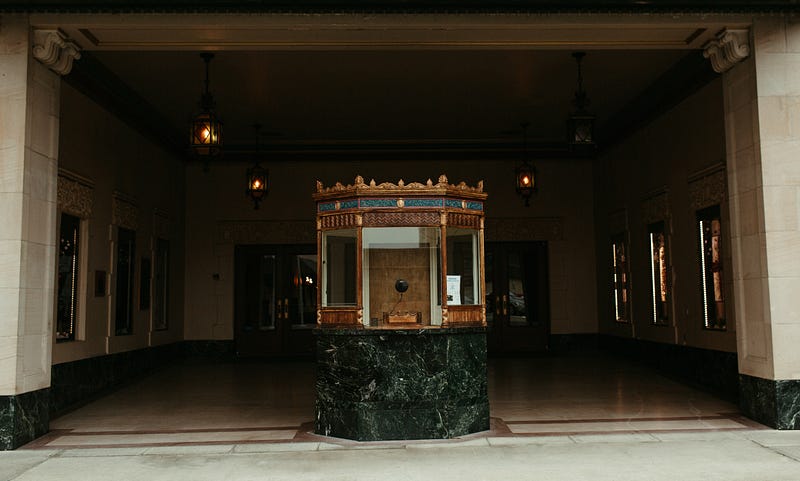
Katie Gray, Executive Director of Make.Shift Art Space
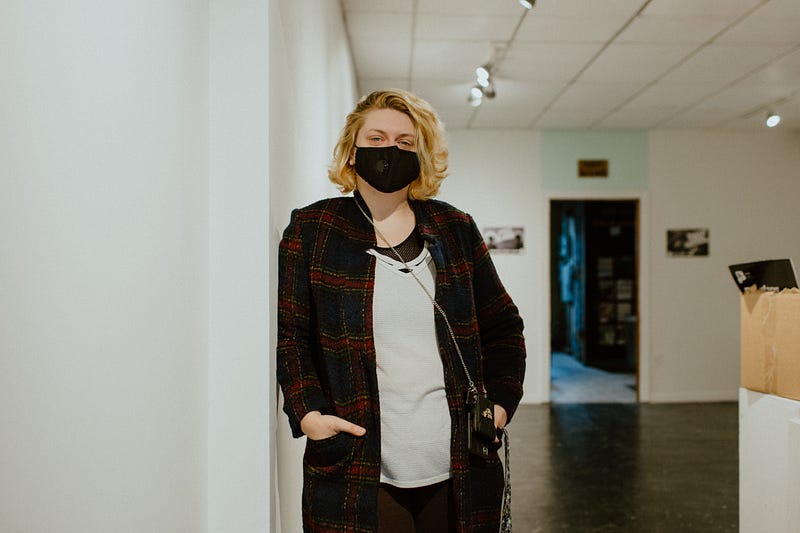
“Moving everything to a virtual sense hasn’t been necessarily smooth sailing for us, but we got it done. Going virtual was a way for all of our artists who are making music or creating art to still release their work and share it with the community.”
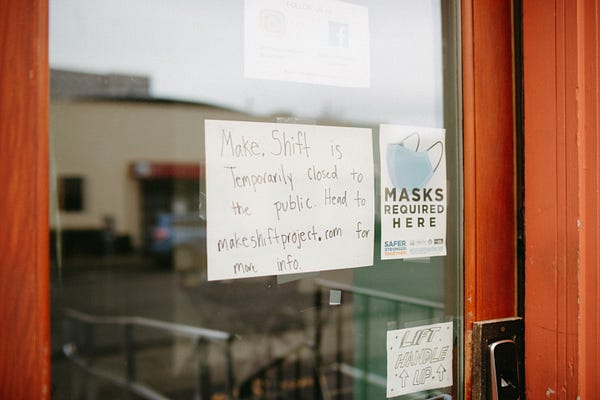
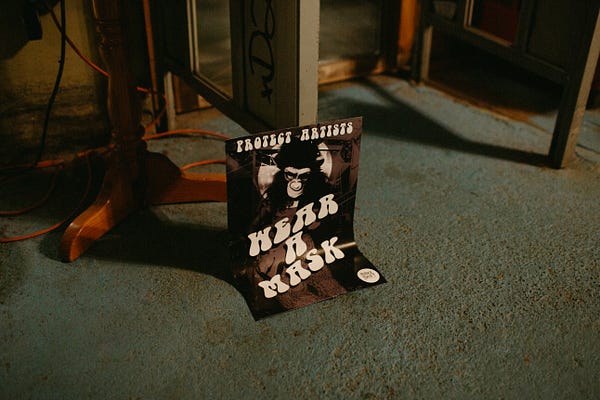
“On a personal level, I can’t imagine this city without an arts scene. I mean, there’s so many creatives in this town, and so much of our culture and our socializing is wrapped up in independent and local creatives or businesses. It’ll be heartbreaking to lose that.”
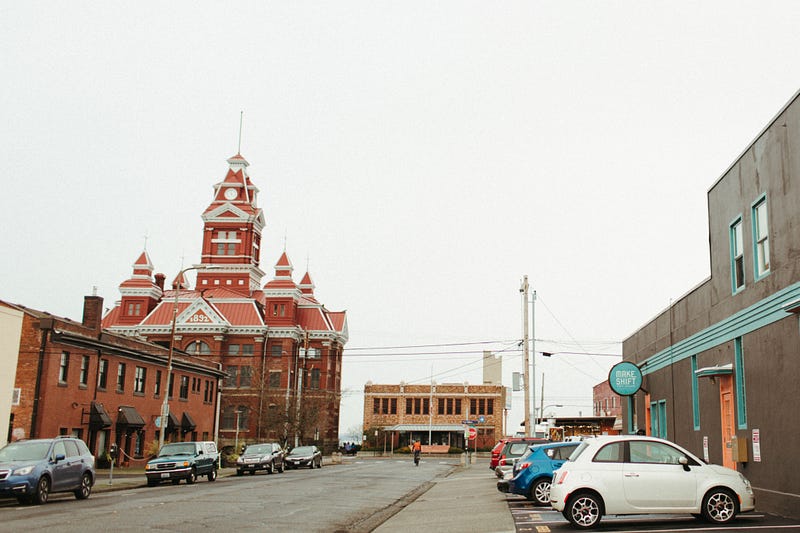
Casey Hayden, Assistant Director of Student Activities for AS Productions
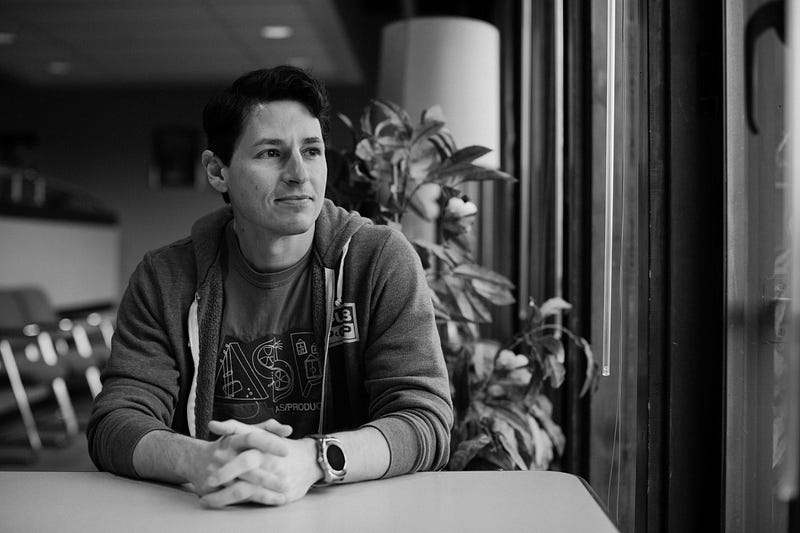
“I think Bellingham, even without Western and all the sort of infusion that comes with a college town, even without that, the only thing it would be is a haven for the creative arts. I think it’s an important part of the identity of the city. We really should be thinking about how do we sustain it? And how do we sort of bounce back even stronger and come together to preserve each other? It’s hard to do at a time like this, but there’s something that can grow out of it.”
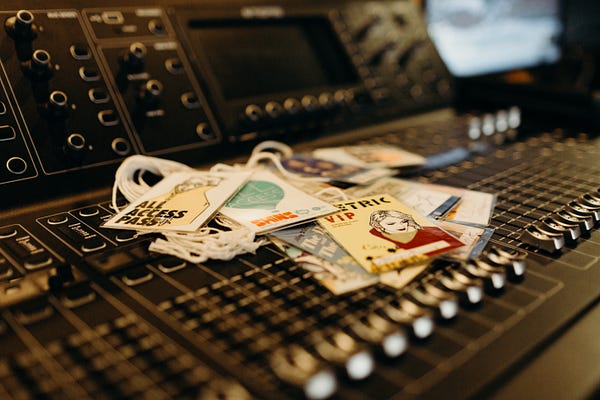
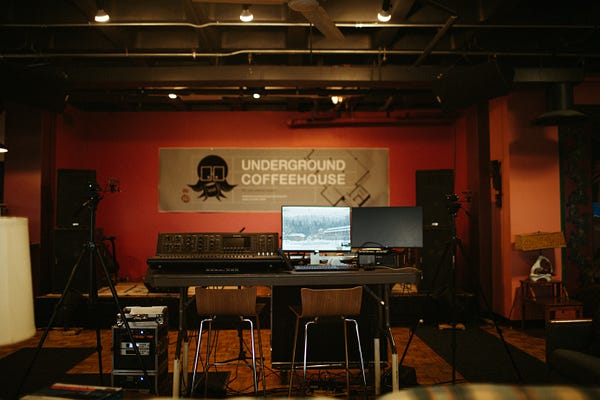
“We’re having feelings of loss, grieving and some sadness about our limitations. There’s no way around it, and that energy that you get from being in an audience and enjoying a live entertainment experience is its own unique feeling. Whether it’s being in a crowded theatre or at a show, those are just really communal social human experiences that we need to get back to, and nothing can replace it. But we will be ready when the time comes to get right back to it. I know students are going to be very ready when it’s safe to do that again.”
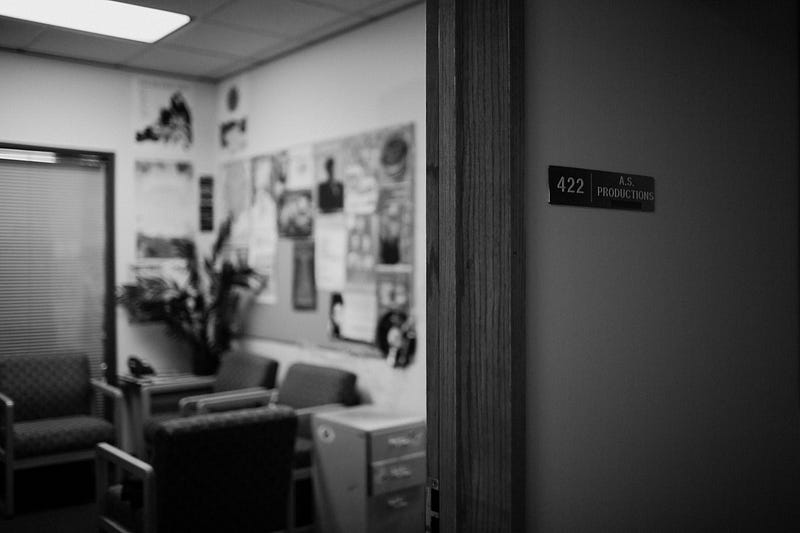
Hollie Huthman, Co-owner of The Shakedown
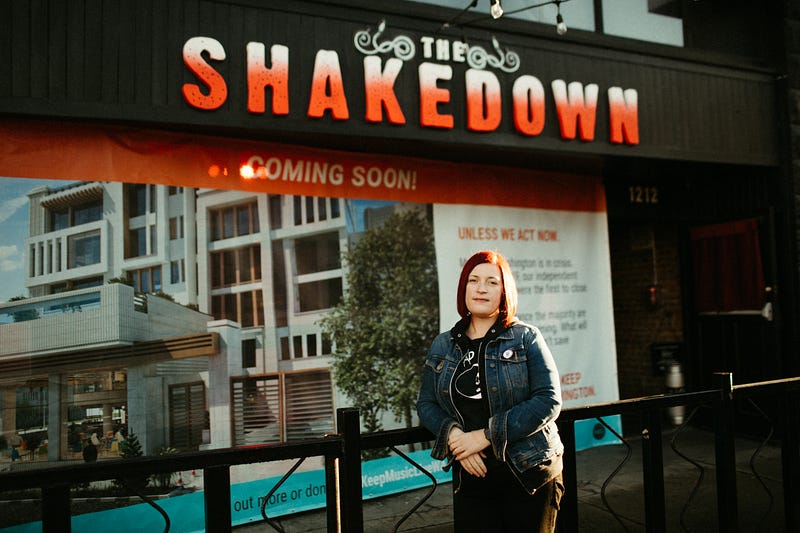
“I think the one thing that has really been hitting me lately with the year that we’ve had, not just with COVID-19, but also with all of the social issues — is people are really feeling alone right now. Understandably, because we have to isolate ourselves. But, music venues are a hub of community and connection. I think that’s why a lot of people start going to shows. I mean, that’s why I started going to shows was because of that support system. Now, there’s no face-to-face interaction and that community gathering aspect is a huge part that we would lose.”
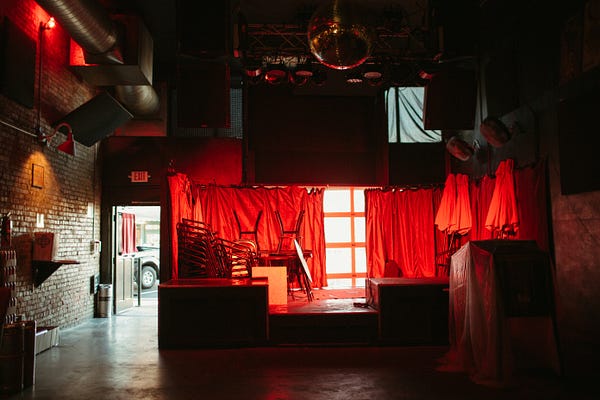
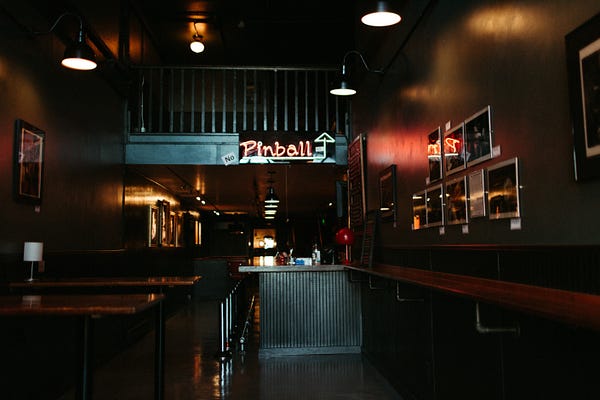
“When venues like The Shakedown or The Wild Buffalo both have sold out shows in one night, this whole town just explodes. That kind of energy is so exciting and unparalleled, and the whole city is just buzzing because we’re bringing people into town from all over. But there’s this huge realization that the existence of one business depends so much on the existence of all of the others. And I just think that if you lose this chunk of that ecosystem, the whole community starts to weaken significantly.”
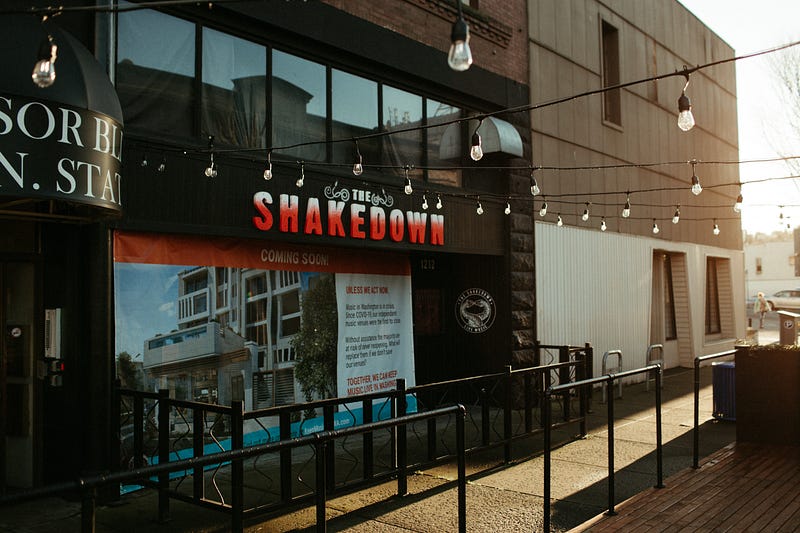
“Being in a band myself and without having a stage to aspire to play, there isn’t a lot of motivation to make music anymore. Sharing music digitally is so different — there just is no replacement for a live show for both the performers and the audience. There’s no way to replicate that. So I think without venues, we wouldn’t have as many bands. We wouldn’t have as many people creating. I think people will value live music a whole lot more than they did before this pandemic, and once that door swings open, it’s going to be amazing. When people are taking this time to analyze their priorities and what’s important to them, I think that for a lot of us who enjoy seeing shows and enjoy playing — I expect it to be a really good first year back, but that’s going to take a while.”
Craig Jewell, Co-owner of the Wild Buffalo
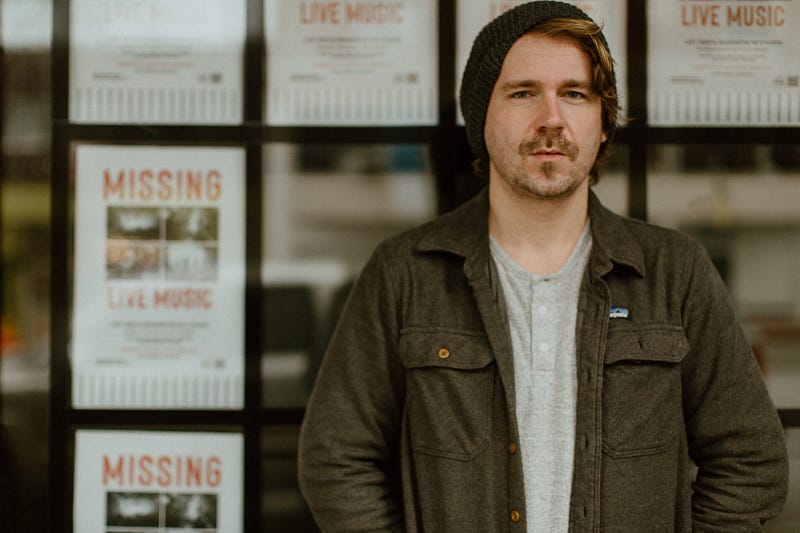
“Our business model, for one, has been used as a shoulder-to-shoulder business in order to rely on touring bands and artists. That’s obviously not happening. Second, literally live entertainment and music is illegal in the state of Washington. So, that makes it impossible to adapt because that’s how we do. We’re an entertainment venue, and if entertainment is illegal, then we can’t do anything. It’s just about figuring out how to survive. That’s where the focus has been.”
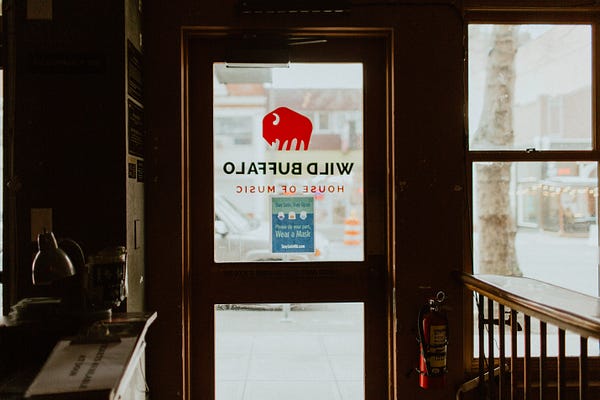
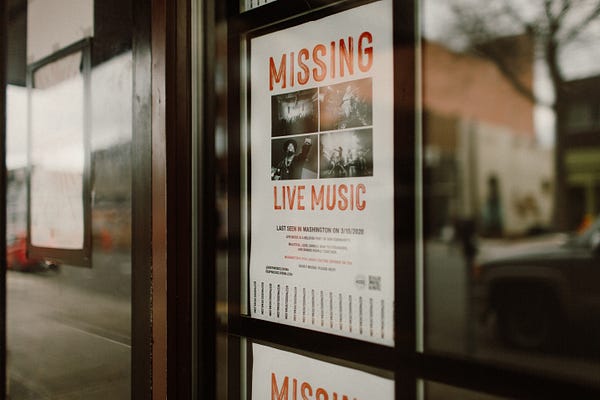
“Music is a massive ecosystem. This industry provides hundreds of thousands of jobs. You have your sound tech, your lighting techs, all your bar staff, security, the graphic designers, the photographers, and most importantly — the musicians. Musicians make up the vast majority, upwards to 90% of their income from playing music live. And so, without live music venues, what happens to music? It goes away. Live music contributes to things like tourism, and there’s just this massive web that lights music venues and supports it. We are at the very center of this ecosystem, so if the music venues go away, that entire infrastructure implodes on itself. It’s a real hit to our economy and to our culture.”
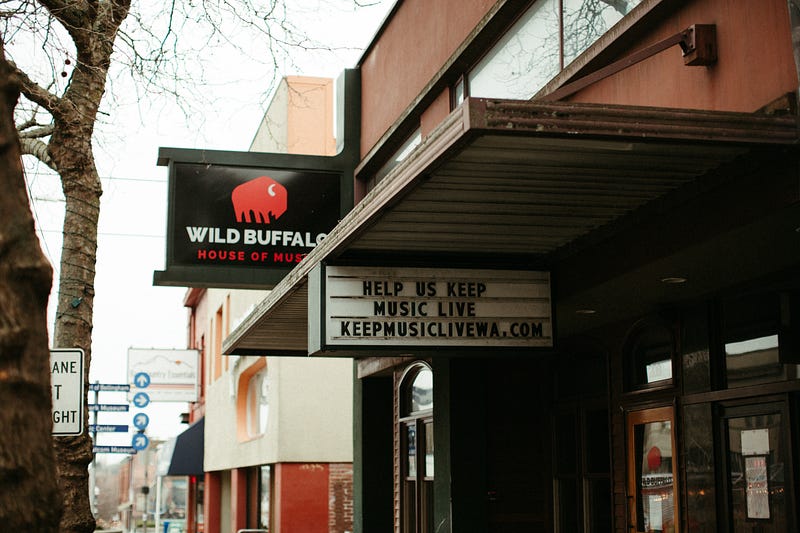
“It’s either we give up or we can fight, and that’s what we’re doing. Seeing that everybody’s come together and is fighting for the same cause is incredible because everyone in this community understands and realizes that we all have to be in this together. There’s little victories and then small setbacks, but there’s only one victory — and that’s knowing for sure that all these venues will be saved. So, that’s why they’re small and perspective. Those little victories that happen, whether that be a big donation or getting support, gives me more encouragement to keep on working harder.”
